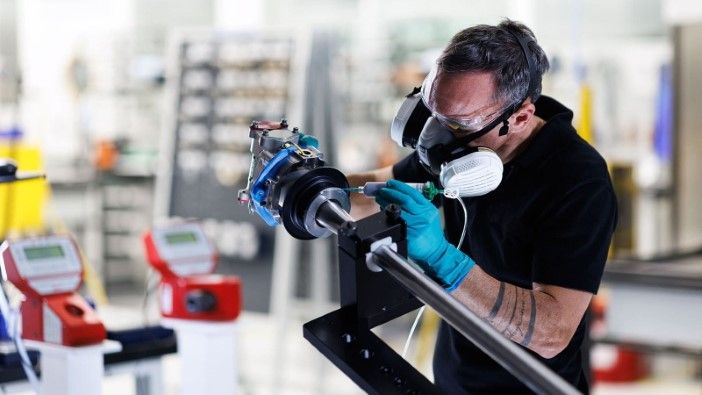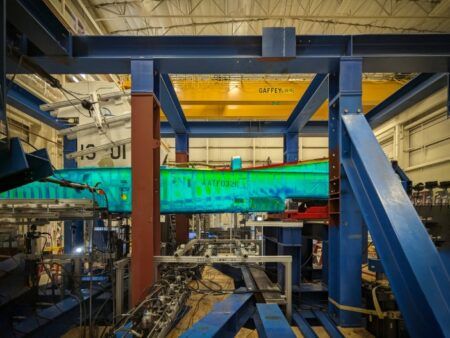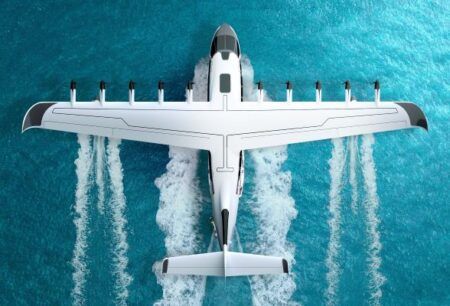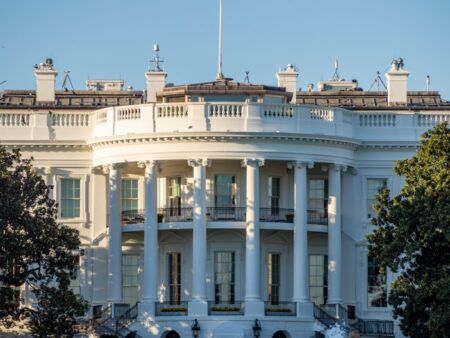Collins Aerospace has expanded its aircraft electrification capabilities with a new engineering center of excellence in Wolverhampton, UK, and a new electric thrust reverser actuation systems production line in Colomiers, France. The facilities support the development and manufacturing of the company’s elecTRAS technology for commercial aircraft.
The Wolverhampton center focuses on developing next-generation electric thrust reverser actuation systems featuring design and test capabilities. The Colomiers facility will handle final assembly of the electric systems, enhancing production efficiency and capacity for the global customer base.
By switching from traditional hydraulic-powered thrust reverser actuation systems to elecTRAS, Collins said it can design nacelle systems that are easier for customers to install and maintain while reducing aircraft system weight by 15-20%. This improves fuel efficiency and operational performance for airlines and operators.
“With decades of experience in nacelles, thrust reversers, and aircraft electrification, Collins’ elecTRAS center of excellence and production line will bring together expertise from across the company to deliver new, innovative solutions for our customers and future platforms,” said Ajay Mahajan, president of aerostructures at Collins Aerospace.
Collins currently supplies the elecTRAS on the Airbus A350 family aircraft. As part of an aircraft’s nacelle system, thrust reversers redirect thrust from the plane’s engines to help it slow down upon landing. The electric actuation system replaces traditional hydraulic components with electric motors and controls.
The Wolverhampton site will serve as the engineering design center for elecTRAS, collaborating with Collins’ aerostructures headquarters in Chula Vista, California and other global engineering centers. It will also work with Collins’ electronic controls and motor systems center of excellence in Solihull, UK.
The final assembly operations in Colomiers will increase Collins’ nacelle integration capacity and enhance customer proximity in the European market. The investment strengthens Collins’ aircraft electrification capabilities to support growing demand for more efficient aircraft systems.
With more than 600 A350XWB aircraft in service at the end of 2024 and continued production into the next decade, Collins’ latest generation elecTRAS has accumulated approximately 11 million flight hours and 1.8 million flight cycles of in-service operational experience.
Collins added that the expansion demonstrates its commitment to developing electrification technologies for next-generation aircraft systems. The elecTRAS technology represents part of the broader industry trend toward replacing hydraulic systems with electric alternatives to improve efficiency and reduce maintenance requirements.





